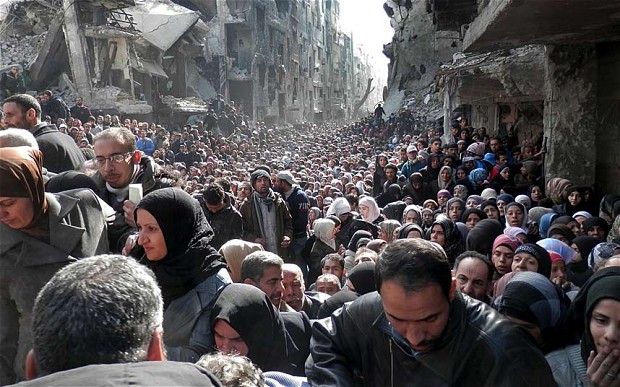This is the introduction to our final essay for this semester. Any feedback/comments/criticism is much appreciated!
‘We use Facebook to schedule the protests and Twitter to coordinate, and YouTube to tell the world.’ This sound bite from an anonymous revolutionary during the January 25th protests that marked the beginning of the Egyptian revolution reflects the common, anecdotal depictions of social media as the causal mechanism of the Arab Spring. In typical sensationalist style, commentators have emphasised the role played by new technologies, defining the insurrections as a ‘social media revolution.’ Focusing on the information dissemination, communicational, and organisational facets of various online tools and spaces, enthusiasts assert that social media was instrumental in causing the popular protests. On the other hand, critics of this utopian perspective contend otherwise. Pointing to empirical data, the dystopian narrative minimises the role of social media, positing that the paucity of Internet access in Arab countries, as well as the potential for social media to be employed as a tool of state-sponsored repression, negates any supposed influence. For the purpose of this study, this paper will adopt the terminology used by Comunello and Anzera and will refer to the polarised positions as “digital evangelists” and “techno-realists” respectively.
Thus, this paper proposes a more nuanced analysis that transcends the faux binary that has since dominated the debate. Whilst both the digital evangelists and techno-realists’ perspectives merit critique, their dichotomous analyses oversimplifies complex processes. The mass transnational protests that erupted across the Arab world, beginning in Tunisia in December 2010, were ultimately manifestations of decades-long ‘discontent that extends to large segments of the population: the principle causes are the ineptitude of the ruling elite, difficult economic conditions and an intolerable level of corruption.’ Yet much of the existing literature has focused almost exclusively on conceptualising the Arab Spring revolutions in terms of the impact of social media, lending themselves to the criticism of media centrism and technological determinism. This paper seeks to navigate away from prevailing reductionist polarisations and propose a more balanced framework that evaluates the conducive role of social media amongst more significant contextual factors. It also seeks to reassert the oft-overlooked influence of other media, specifically satellite broadcast media, and the complex interactions between different media in facilitating the Arab Spring revolutions.
